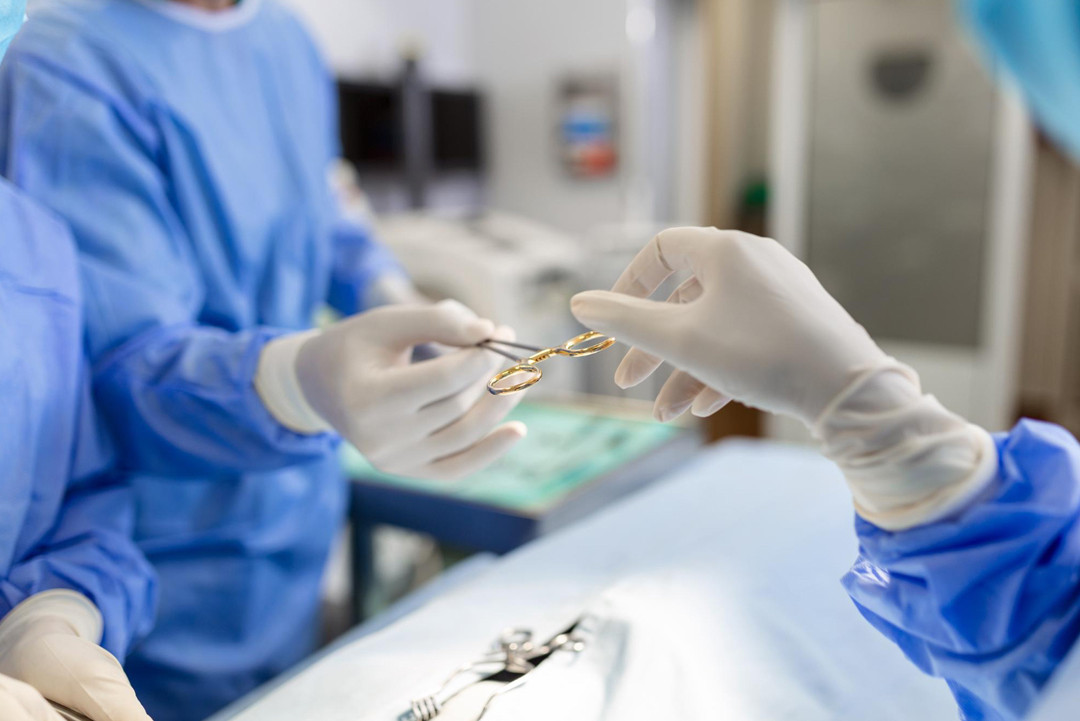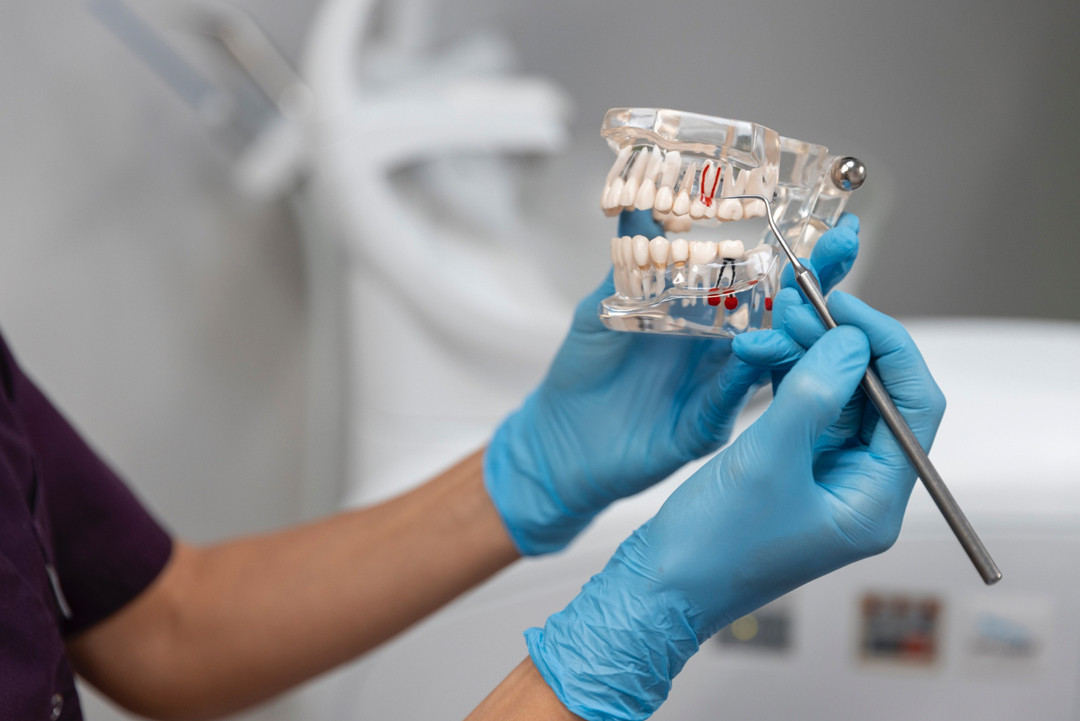Hand Surgery
What is a Hand Surgeon?
Hand surgeons are highly trained specialists with expertise in:
- Treating injuries and conditions affecting bones, joints, ligaments, tendons, and nerves.
- Performing complex surgeries such as nerve grafting and joint replacement.
- Utilizing microsurgery to repair small nerves and blood vessels.
Training: Hand surgeons often complete plastic surgery or orthopedic residencies, followed by subspecialty training in hand surgery.
Conditions Treated by Hand Surgery
- Carpal Tunnel Syndrome
- Caused by compression of the median nerve in the wrist.
- Symptoms: Numbness, tingling, and weakness in the hand and arm.
- Tennis Elbow
- Damage to elbow tendons from repetitive movements.
- Symptoms: Pain in the elbow, wrist, and forearm.
- Trigger Finger
- Finger locking or snapping due to tendon swelling or lump formation.
- Wrist Pain
- Results from sprains, fractures, or repetitive stress injuries.
- Fractures of Hand, Wrist, and Forearm
- Require reduction, fixation, or surgical intervention based on severity.
- Sports Injuries
- Conditions include tennis elbow, boxer’s fractures, and handlebar palsy.
- Nerve Damage
- Examples:
- Peripheral nerve injuries: Due to trauma or compression.
- Brachial plexus injuries: Affecting the shoulder and arm.
- Median nerve injuries: Often caused by trauma or carpal tunnel syndrome.
Common Hand Surgeries
- Wrist Joint Replacement (Arthroplasty)
- Replaces damaged wrist joints to restore motion and reduce pain.
- Skin Grafts
- Transfers healthy skin to areas with severe damage or deficiency.
- Reduction and Fixation
- Aligns and immobilizes fractured bones using plaster, rods, or wires.
- Tendon Repair
- Restores damaged tendons through acute or delayed repair.
- Nerve Repairs
- Treats severed or damaged nerves using techniques like nerve grafting.
- Replantation
- Reattaches severed limbs or digits using advanced microsurgical techniques.
- Arthritis Treatments
- Arthroplasty: Replaces eroded joints.
- Arthroscopy: Uses a camera for minimally invasive joint repairs.
Risks of Hand Surgery
Hand surgery, while generally safe, carries potential risks, including:
- Infection: May require antibiotics, debridement, or advanced wound care.
- Incomplete Healing: Leading to stiffness or reduced mobility.
- Loss of Sensation: Due to nerve damage.
When to Consult a Hand Surgeon
Seek a consultation if you experience:
- Persistent pain, swelling, or stiffness in the hand, wrist, or forearm.
- Tingling or numbness in the fingers.
- Loss of grip or mobility.
- Abnormalities or deformities in hand shape.
- Symptoms of carpal tunnel syndrome, trigger finger, or arthritis.
What to Expect in a Consultation
- Medical History: Evaluation of past injuries and health conditions.
- Physical Examination: Assessing strength, range of motion, and sensation.
- Diagnostics: Recommending X-rays, MRIs, or CT scans.
- Treatment Plan:
- Non-surgical: Physical therapy or medications.
- Surgical: Based on severity and goals for recovery.
Hand surgery restores function, alleviates pain, and improves quality of life for individuals with hand-related conditions.


















